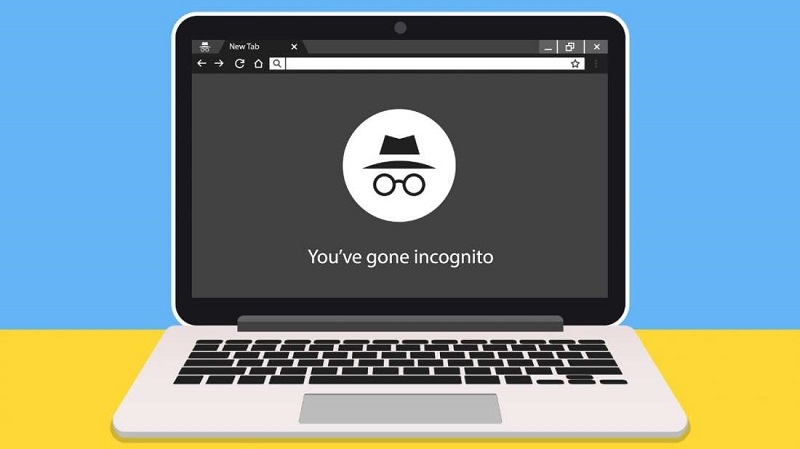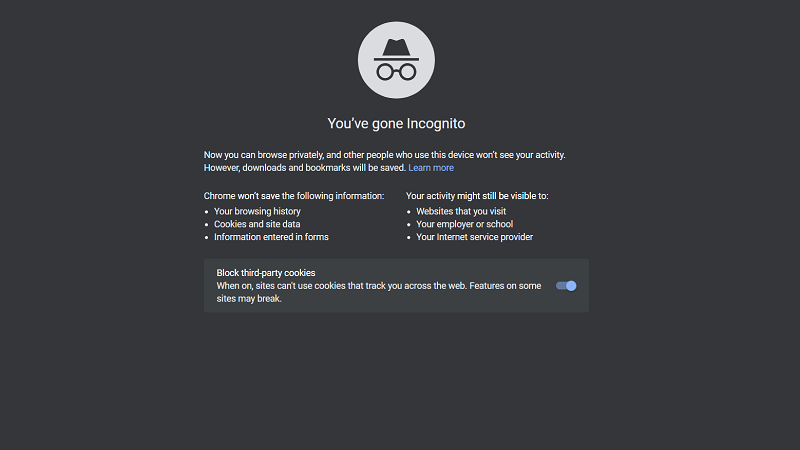Chrome is an ever so improving browser from the tech giant Google. The browser has received countless feature improvements in the form of minor and major updates. Still, the tension on the parent company has been rising. Thanks to the numerous security concerns and lawsuits associated with Chrome. Due to these, the browser is now slowly adapting to a more transparent one. Chrome received the reauthentication feature for incognito mode recently. Now, Google tweaks the start page of incognito mode for Chrome. Whenever a user opens a new incognito tab, Chrome will warn them of the advantages and limitations of going private.

Related: Google Introduces NFC models Replacement for its Bluetooth Titan Security Key
Google said that the new update informs the user of the do’s and don’ts while going incognito on the browser. Because even now, users believe that going Incognito is the only thing they need to do to mask them from the internet. Google might also be tired of dealing with the unsettling lawsuits associated with incognito mode and user security.
Google Tweaks Incognito Mode on Chrome
The new update doesn’t bring any new security features or improvements. It simply puts up an easy to read (or most importantly, understand) warning that gives the user a proper understanding of incognito mode in a layman’s language. Users of the browser will now be treated with the following message. It is well organized under two separate titles.

This new change was initially spotted by TecDows for Chrome for Android. As you can see from the above screenshot, the update is also applicable for Chrome for Desktop. We believe Google has managed to convey the message they were trying to do for quite a while. Google has also begun implementing its FLoC initiative in Chrome for Android. Removing the dedicated button for blocking third-party cookies confirms just that.
Also Read: Google Chrome vs Firefox Detailed Comparison
Users should realize the fact that incognito mode only masks on an individual level. Yes, one can’t look into your history with your phone/PC in hand, but that is nowhere near what we need in this modern era. Google, in a recent lawsuit, claimed that it notified users about its data collection methods. Other parties like your ISP, employer, or the school might be able to monitor your data traffic or even history down to the verbs. So we highly recommend that you go for a VPN if you wish to be a hollow man in the world of the internet.
